Mr. Fouad KADDAH
School of Engineering of Beirut
Professor
(+961) 1 421 000 ext 1421357 fouad.kaddah@usj.edu.lb
Fouad Kaddah has double French-Lebanese nationality; he holds an engineering degree from the Ecole Centrale de Lyon and a doctoral thesis from the University of Sciences and Technologies of Lille. He has 38 years of teaching experience shared between France and Lebanon. He has been employed by the Saint Joseph University of Beirut since October 1996 as a full-time professor in Civil Engineering at the Higher School of Engineers of Beirut (ESIB). Furthermore, he has been responsible for supervising numerous doctoral theses and has authored numerous scientific articles that have been published in prestigious scientific journals
Highest degree : PhD in Mechanics - Université des Sciences et Technologies de Lille - France
+ Education
| Degrees | University | Country | Year |
|---|---|---|---|
| doctorate in mechanics | Université des Sciences et Technologies de Lille | France | 1995 |
| DEA en mécanique | Université des Sciences et Technologies de Lille | France | 1985 |
| mechanical engineering diploma | Ecole Centrale de Lyon | France | 1983 |
+ Teaching at USJ
1. Continuum mechanics
+ Teaching outside USJ
| Experience in University Teaching Outside USJ | Country | Institution | Start Date | End Date |
|---|---|---|---|---|
| teacher researcher | France | Ecole des Hautes études industrielles (HEI) | 07/10/1985 | 05/09/1996 |
+ Professionnal experience outside USJ
| Professional Experience | Organization | Start date | End date |
|---|---|---|---|
| concrete design engineer | INGENIERIE CIVILE EUROPEENNE DU NORD | 01/05/1990 | 31/08/1991 |
| design engineer | MATRA TRANSPORTS | 21/11/1983 | 20/08/1984 |
+ Expertise field
Engineering and Technology, Sciences
+ Research topics
Seismic soil structure
interaction
Wind turbine under
earthquake
Micromechanics of
composite materials
+ Publications and communications
1. Rawad Baroud, Karam Sab, Jean-François
Caron, Fouad Kaddah (2016) A
statically compatible layerwise
stress model for the analysis of multilayered plates; International Journal of
solids and structures Volume 96, 1
october 2016, pages 11-24.
2. Elias Dib, Jean Francois Caron, Wassim Raphael
Ioanis Stefanou, Fouad Kaddah (2017)
Numerical analysis and investigation of short and long term behavior of
unidirectionnal composites ; Journal of composite materials June 2017
3. Sobhi El Mawla, Fadi Hage Chehade, Fouad
Kaddah (2018) Response of a Lebanese Rock-Filled Dam to Earthquake excitation
ResearchGate Conference Risk Analysis June 2018.
4. Sahar A Ismail, Fouad K Kaddah, Wassim
E. Raphael (2019) Effect of number of stories on the seismic soil structure
interaction performance of Midrise Frame structures 2019
the 5th International Conference on Architecture, Materials and
Construction (ICAMC 2019) 2-4 December 2019, Lisbon, Portugal Published online
12 June 2020.
5. Sahar A Ismail, Fouad
K Kaddah, Wassim E. Raphael (2019) Effect of Raft and Column Sizes on the Seismic Soil Structure
Interaction Performance of Fifteen Storey Midrise Frame Structures structures 2019 the 5th International Conference on
Architecture, Materials and Construction (ICAMC 2019) 2-4 December 2019,
Lisbon, Portugal Published online 12 June 2020.
6.
Ismail, Sahar; Kaddah, Fouad; Raphael,
Wassim (2020) Seismic
Soil Structure Interaction Response of
Midrise Concrete Structures on Silty Sandy Soil ; Jordan Journal of Civil Engineering, Volume 14, No. 1, 2020.
7. Tony Khoury,
Richard Karam, Joseph Ghobril,….Elias Dib, Fouad Kaddah Three
Dimensional Comparison of the effects of sliding mechanics in labial and
lingual orthodontics using the finite element method, American Journal of
Orthodontics and Dentofacial Orthopedics, Article accepted for publication in
February 2021 et publication scheduled in summer 2022.
8. Analysis of the structural response of
Beirut port concrete silos under blast loading; S. Ismail, W. Raphael, E.
Durand, F. Kaddah, F. Geara, Archives of Civil Engineering, September 2022.
9. Analysis of the structural health response
of Beirut Port Silos under Seismic Loading, Sahar Ismail, Wassim Raphael,
Emmanuel Durand, Fouad Kaddah, MEDGU (Mediterranean, Geosciences Union,
Springer/ Publishing Partener), Marrakesh 27-30 November 2022.
10. Three-dimensional comparison of continuous
and segmented arch techniques in the traction of palatally impacted canines
using a non-linear finite element analysis; Stephanie Bou Malhab1, Richard
Karam2, Fouad Kaddah2, Tony El Khoury1, Nabil Ghosn3 , Elie Khoury1, Adib Kassis1
and Joseph Ghoubril1; Journal of Orthodontics; DOI: 10.1177/14653125231187422;
Juin 2023.
11. Effect of power arm length combined with
additional anterior torque on the axial orientation of the maxillary incisors
during en-masse retraction: A finite element analysis; Rime Zalaquett,a Richard
Karam,b Fouad Kaddah,b Elie Khoury,a Tony El Khoury,a Joseph Ghoubril,a and
Adib Kassis a ; https://doi.org/10.1016/j.ajodo.2023.08.016; Aout 2023.
12. Numerical investigation of the optimal
porosity of titanium foam for dental implants; Hussein Farroukh a,*, Fouad
Kaddah b, Toufic Wehbe a; https://doi.org/10.1016/j.heliyon.2024.e28063; Mars 2024.
+ Professional development activities
Le ressourcement est une action quotidienne pour un enseignant chercheur pour perfectionner ses connaissances et suivre les derniers développements en matière de recherche et avancement scientifique et technologique. Le but à atteindre est la recherche de nouvelles idées pour les intégrer dans les axes de recherche existants et éventuellement en créer de nouveaux ; et enfin maintenir un enseignement de qualité. Mes activités de ressourcement sont inscrites dans les objectifs suivants : 1- Améliorer la prestation du Clerc auprès des clients externes et des étudiants et chercheurs ; Prise en main rapidement des nouveaux matériels acquis et faire profiter rapidement de ces matériels en recherche et travaux pratiques 2- Monter d’autres axes de recherche : une expérience réussie est la collaboration entre l’ESIB et la faculté de médecine dentaire par des travaux de modélisation par éléments finis dans le domaine de l’orthodontie ; Cette collaboration est concrétisée par la publication de trois articles dans des journaux américains de très bonne réputation. Les méthodes de l’intelligence artificielle sont une voie explorer dans ce domaine. 3- Consolider et développer les travaux de recherche et collaboration avec L’Ecole des ponts et chaussées et l’Université de Nantes. 4- Développer des logiciels pour le dépouillement des résultats des tests au CLERC. 5- Continuer le développement de mes logiciels dans le domaine des éléments finis

